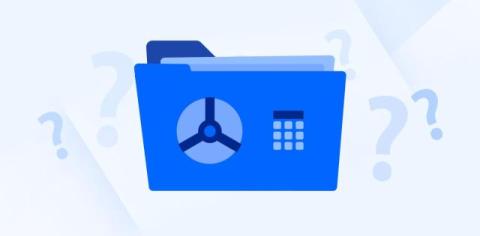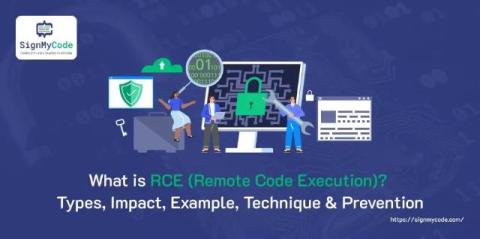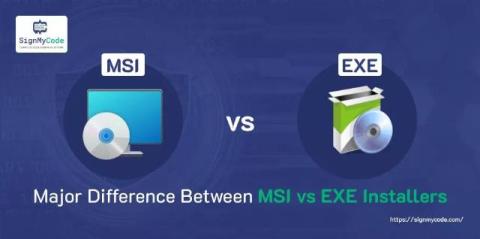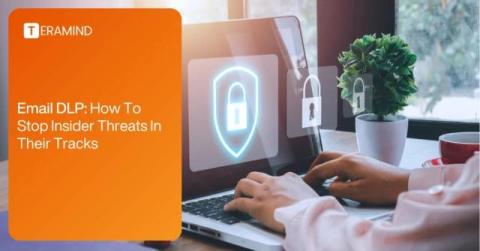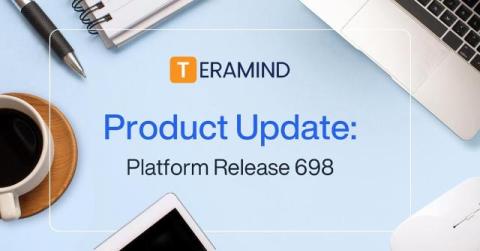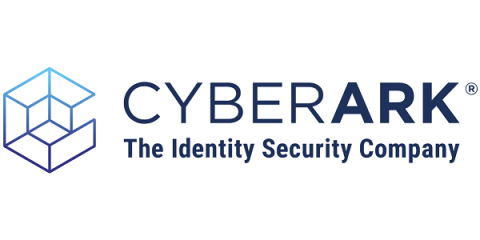How SASE and the Internet Took Over Wide Area Networks (Part 1)
This blog is part of the ongoing “I&O Perspectives” series, which features insights from industry experts about the impact of current threats, networking, and other cybersecurity trends. As I embark on a new role with the Netskope Platform Engineering team, I am eager to explore how our company’s vision shapes the evolution of enterprise networking security.



